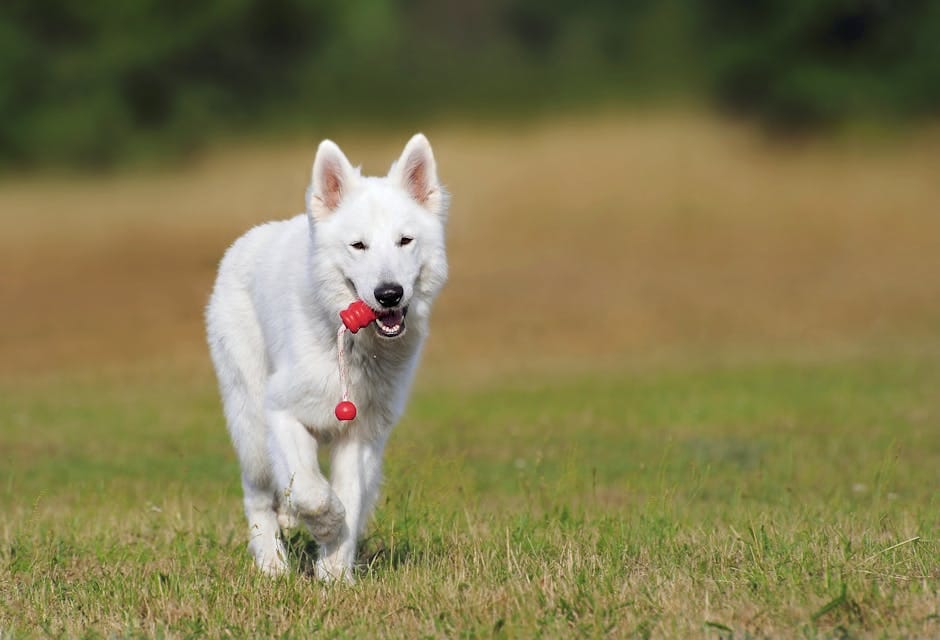Training your dog is an essential part of dog ownership. It helps to establish a strong bond between you and your furry friend, while also ensuring that they are well-behaved and a joy to be around. But where do you start? This comprehensive guide will provide you with all the information you need to train your dog effectively and successfully.
**1. Start Early**
The best time to start training your dog is when they are a puppy. Puppies are eager to learn and are more receptive to training than older dogs. Begin by teaching them basic commands such as sit, stay, come, and heel. These commands will form the foundation for more advanced training later on.
**2. Use Positive Reinforcement**
Positive reinforcement is the most effective way to train your dog. This involves rewarding them for desired behaviors with treats, praise, or playtime. When your dog does something you like, immediately reward them. This will help them to associate good behavior with positive outcomes.
**3. Be Consistent**
Consistency is key when it comes to dog training. Use the same commands and rewards every time you train your dog. This will help them to understand what you expect of them. Avoid changing commands or rewards, as this can confuse your dog.
**4. Keep Training Sessions Short**
Training sessions should be kept short, especially for puppies. Start with sessions of 5-10 minutes and gradually increase the length as your dog progresses. Long training sessions can be overwhelming for dogs and can lead to them losing interest.
**5. Make Training Fun**
Training should be an enjoyable experience for both you and your dog. Use games, toys, and treats to make the sessions more engaging and fun. If your dog is not enjoying the training, they are less likely to learn.
**6. Socialize Your Dog**
Socialization is important for dogs of all ages. It helps them to learn how to interact with other dogs, people, and animals. Take your dog to puppy classes, dog parks, or other social events to help them become well-rounded and well-behaved.
**7. Address Problem Behaviors**
If your dog exhibits problem behaviors such as barking, chewing, or jumping, it is important to address them promptly. Use positive reinforcement techniques to reward your dog for good behavior and ignore or redirect them from unwanted behaviors. Consistency is key when dealing with problem behaviors.
**8. Seek Professional Help if Needed**
If you are struggling to train your dog or are dealing with serious behavior problems, do not hesitate to seek professional help from a certified dog trainer or veterinary behaviorist. They can help you to develop a personalized training plan for your dog and address any underlying issues that may be contributing to their behavior problems.
